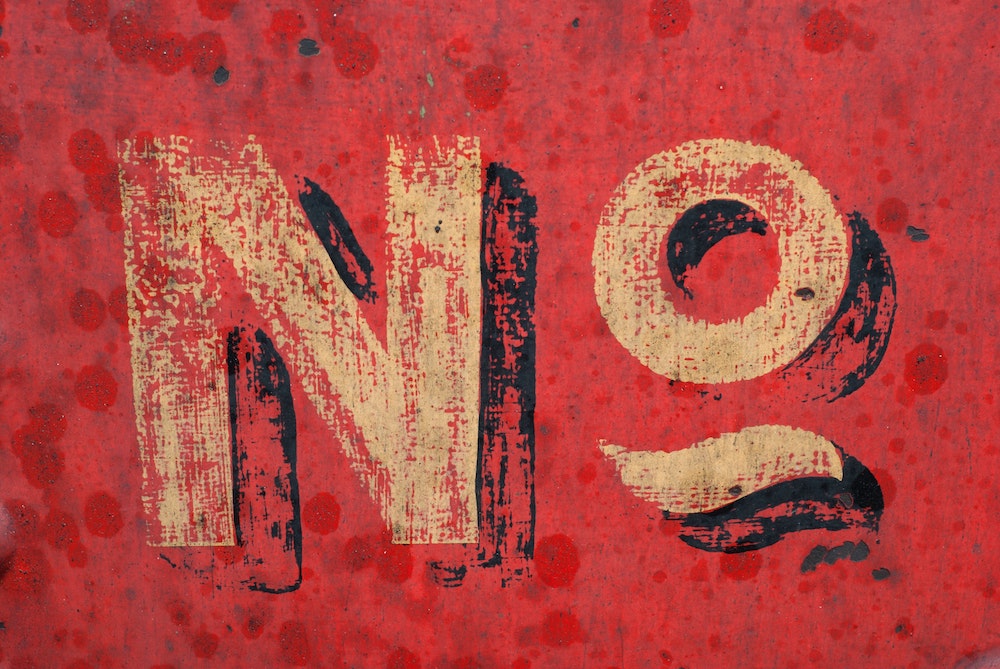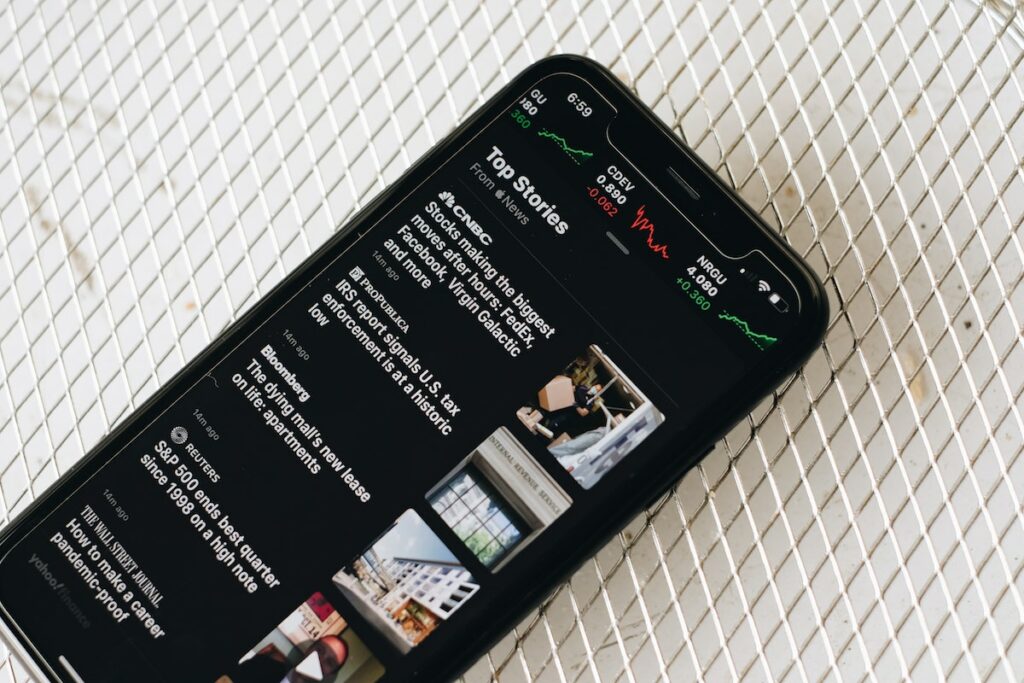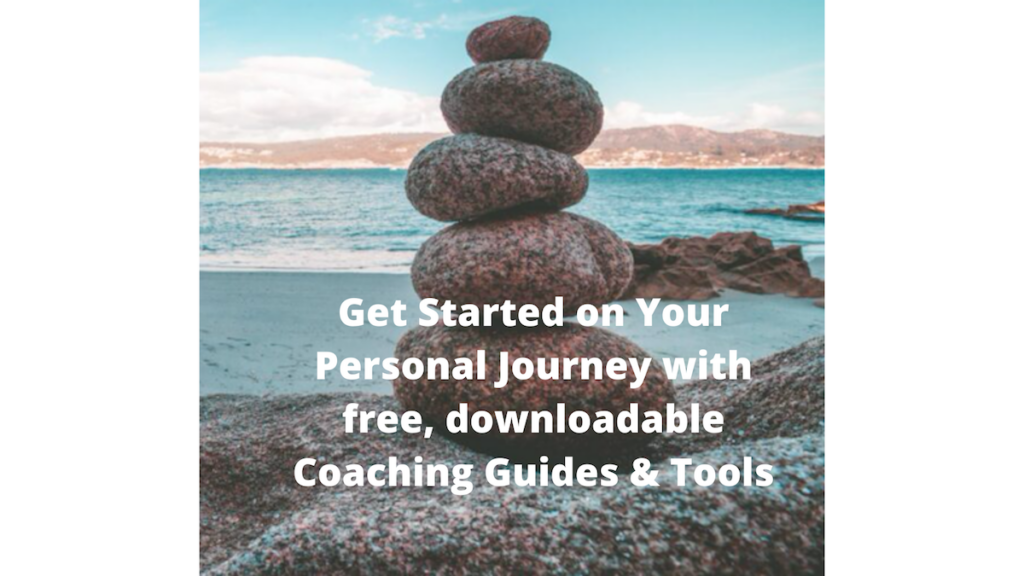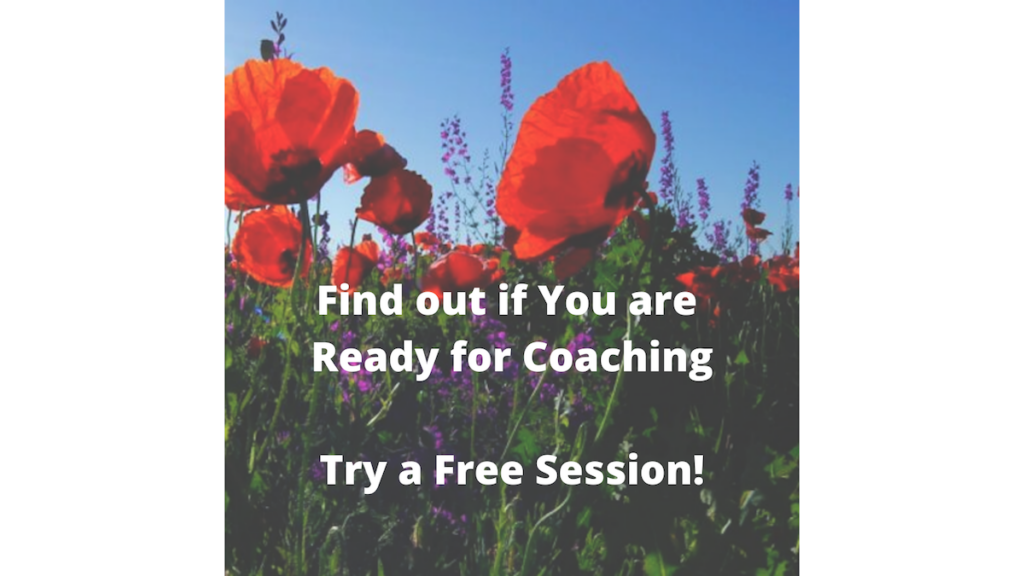In part 2 of this two-part series on how Less is More, we continue the sharing from the MMS NorCal coaches on how having and doing less led them to realize much much more. For part 1 of this two-part series visit: Five Ways Less is More (Part 1).
In this article, the MMSNorCal coaches discuss benefits of learning to say no, whittling down obligations (work and personal), becoming less distracted, and focusing on being versus doing.
3. Fewer Obligations, More Time
Whether it is work obligations, family obligations, social obligations or pressure to perform that we put on ourselves, we often find ourselves working long hours or spending a lot of time because of what other people want us to do or because of what we feel we should do.
Learn to Say No
A key part of Less is More is to acquire the skill of saying no.
Coach Michelle Mueller Ihrig says that saying No “does not mean I am not interested, nor does it mean that the project is not worthwhile. No simply means, No – not now. There are so many interesting and important causes to be involved in and so many of our own family and personal needs. In order to actually make a meaningful impact, we need to learn to say No so we can say Yes! to what is most important now.”

Coach Ihrig finds that saying No makes room for Yes. She finds that It helps her to take time to list her top priorities in life right now, while keeping future goals in mind, it is essential to deciding what to say Yes to and when to say No. She believes that keepng a list of what to focus on now, and let the rest go for a later time.
Make room for the present and relish the feeling of freedom, clarity and space that ensues.
Coach Michelle Mueller Ihrig
Workaholism is Not the Solution
“I used to be a major workaholic”, says Coach Carla Morton. “And, when I worked out, I’d go HARD. For years people told me to slow down but it wasn’t until I got Mono a few years ago and I wasn’t able to work more than 4 hours a day and my work-outs were reduced to slow flat walks, that I learned how wonderful it is to take life a little easier. I was so attached to being seen as the best at everything and I now realize it was entirely ego driven. Who was I doing this for? Even when I slowed down and didn’t work like crazy, I was still respected. And when I stopped working out like a crazy person, I realized I was still the same person, and didn’t need to endure so much exhaustion and muscle fatigue to feel healthy.”
Coach Charles Vivier too was consumed with the rat race, putting all his time and energy climbing the corporate ladder. “I was very competitive and constantly comparing myself with others. It was only after I suffered some setbacks, that I realized what I had given up, what I had lost, what was really important to me and how I wanted to spend my time.”
“When I started a new position with a new organization, I was so consumed by external expectations, within a few months I found myself extremely exhausted” shared Coach Ihrig. “I asked myself – what is happening? Why am I feeling burnt out already? I took time to pause and reflect. The answer was that I was not being true to myself. I was putting my focus on ‘outward in’ – what people thought – instead of ‘inside out’ – what I needed to get done. By shedding the weight of external expectation and listening not just to my head, but also to my heart, less is more – I worked less, and got more done.”
Whittle Down Work Obligations
Coach Brandi Richard Thompson says she is better able to whittle work down to a few obligations when she is clear on her priorities. “We often take on a lot of tasks, many of them unnecessary, when we are not sure about what we should be doing right now. But when you are clear, it is not only easier to say no but easier to justify it to yourself.”
Coach Ihrig finds that anything unfinished, unused, unresolved, or disorganized takes space in our physical, mental and emotional capacity robbing us of vital mental and physical energy to create the life we seek.
What a Pause can do for You
More tips from Coach Ihrig who was in a huge transition in 2021. She found herself with heightened levels of anxiety and distraction because she had a very long list of things she wanted to accomplish. When she reached out to one of her mentors, the mentor simply said:
Stop. Stop trying to create anything new. Stop building. Stop planning. Pause for 3 days and tie up loose ends.
Get your calendar in order, clean your house, file your paperwork, do your banking, make time for your daily wellbeing, reach out to neglected yet important relationships.’
Coach Ihrig says that it was a powerful lesson for her that sometimes we need to pause, or even take a big step down, in order to gain the strength, focus and momentum to then take one or two steps forward.
4. Less Distractions, More Clarity
As we have mentioned on this blog before we are surrounded by distractions that are all clamoring for our time and attention. Here are three questions to ask yourself if you find yourself overwhelmed with the lack of time to accomplish what you need to do.
- How much time do you spend glued to the TV, scrolling through social media, gossiping about movie stars, or drinking endless cups of coffee?
- How much time do you spend looking for your keys or searching through your files or in making new lists and endless planning?
- What much time do you spend multitasking — getting interrupted with calls, texts and chat messages – and then remembering what you were working on and re-focusing?
Priortizing Access to News
Yes, it is true that some information, such as global, national and local news, is essential to remain engaged as citizens. Many of us want to stay up-to-date, but may also find it difficult to limit our consumption.

Coach Sarah E. Spencer points out that smart phones provide unrivaled access to information, and unchecked, one can find oneself doom scrolling through negativity, with no ability to control or influence. She is intentional about when she checks the news, for example – in the morning after her wake up routine, mid-day after lunch and a quick look before dinner.
Since many online, radio and television media outlets repeat the same news, Coach Sarah prioritizes reading and skips similar articles.
Reduce Social Media Distractions
“Our time and attention is easily stolen from us through distractions like frequently checking to see how many likes your post has had on social media”, says Coach Michelle Hayden-Marsan. “For me, less screen time means more real life experience and less chattering and monkey mind leads to more powerful insights and creativity. It isn’t easy to change habits which don’t serve us, but how we spend our time is a choice and choosing to do the things that bring us joy is well worth the effort.”
Coach Hayden-Marsan, aspires to keep the chattering self-talk in her mind (which is usually judging, labeling, worrying, or making lists) to as dull a roar as possible. She finds that the less she obsesses unconsciously, the more space there is for her to notice things, to be present and happy in the moment and to hear the wisdom of the intuitive voice within that steers her in the right direction.
She continues: “The first step is to notice when the chattering starts. Once I notice it, I can label it: listing, judging, obsessing, worrying…I already know that none of those thought patterns serve me, so I just drop them and come back to what I’m doing, as opposed to what I’m thinking.”
Check your Unconscious Bias
“It’s amazing how often we make judgements about people and how much we don’t realize it”, says Coach Hayden-Marsan. “Unconscious bias is such a big issue, especially with the advent of social media, where we actually can see how prevalent our biases are and how they can manifest in horrible behaviors.
When we learn the ways in which we are unconsciously judging others, we can begin to make the effort to start recognizing people for who they really are, not who we assume them to be.
Less distraction from unconscious chatter, quiets the mind and creates clarity to see people from the inside out – for who they really are, rather than who we assume them to be.
5. Less Doing, More Being
“This can be a tough one, for various reasons; specifically since we are conditioned to achieve more, work harder, climb the ladder of success”, says Coach Marsan. “But we can still have a strong work ethic and also understand the value of enjoying time to replenish our spirit by being present, whether noticing the sunset, meditating, sitting in the backyard and watching the children playing, or the interactions of the birds at the feeder…Taking time to cultivate Being still brings peace and creates much needed space in our head to just “Be”. There is so much growth that comes from that space, and we don’t experience it without cultivating it.”
“When we don’t value being, it is often because we place higher value on doing. This is problematic when we encounter circumstances when we cannot do and maybe even need to ask for help. It is in those moments that we exercise being okay with being ourselves and being the recipient of the doing of others.” Coach Brandi Richard Thompson.
Finally, ask yourself:
What do you want to achieve?
What more will you get with less?
If you continue to feel overwhelmed and distracted, consider working with a professional coach. A coach can help you examine your life, discover your passion and explore how having less and doing less can free up space for more of what you truly want.
Brandi Richard Thompson is a transformational growth strategist, award winning leader, wellness expert and life coach committed to changing the trajectory of the world one person at a time. She specializes in coaching black women, women of color, and those who lead them. As founder of the Operation Growth Institute, a global transformational learning center, Brandi helps people accept, heal, grow, and transform into the next iteration of their personal and professional best. Brandi is known as the Operation Growth Coach.



